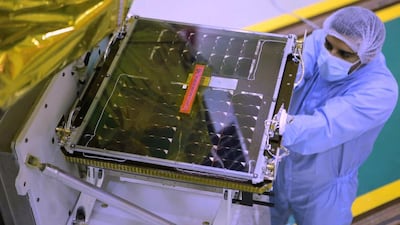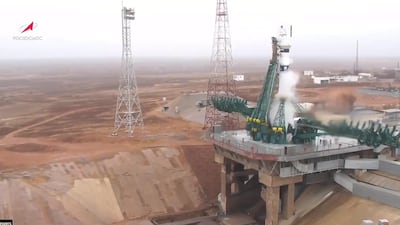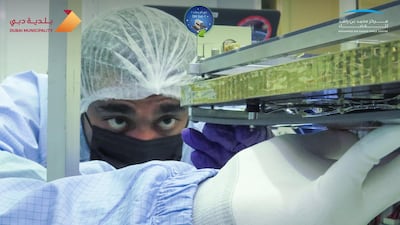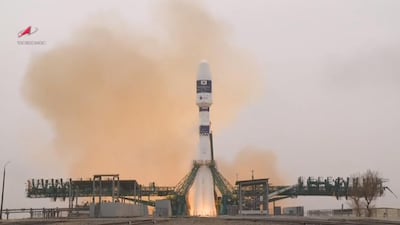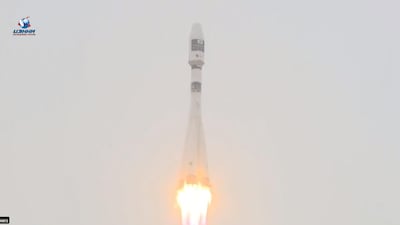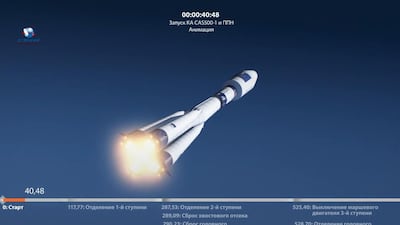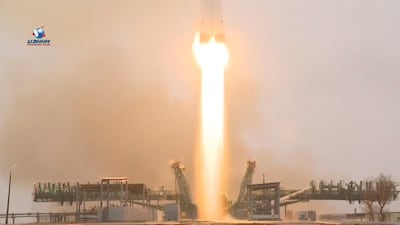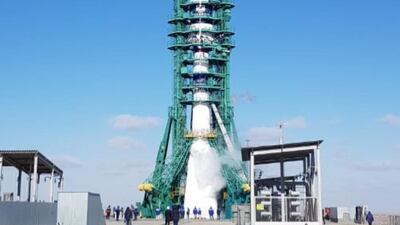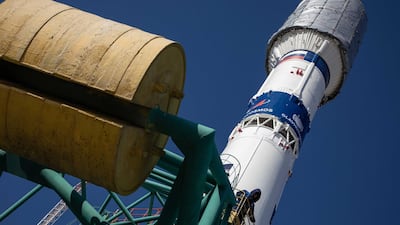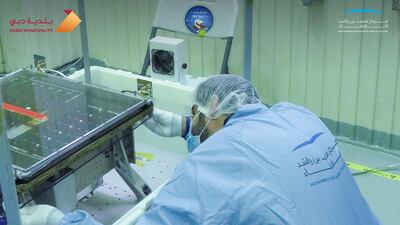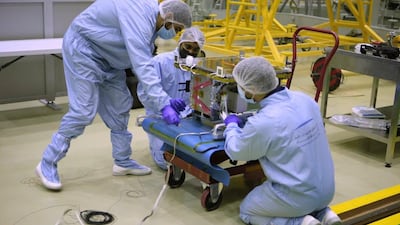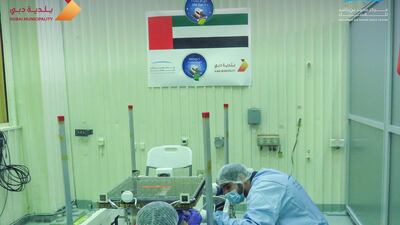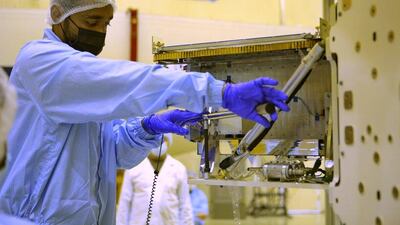Dubai will share data from its environmental satellite with a global space consortium that monitors the effects of climate change.
DMSat-1, which was launched into space in March 2021, captures scientific images of the atmosphere over the UAE, helping to measure the location and levels of air pollutants and greenhouse gases.
Dubai Municipality and Mohammed bin Rashid Space Centre is using its findings to create an air quality map of the UAE.
Now the key information beamed back by the satellite is being shared with the Space Climate Observatory International, a non-profit organisation that works with space agencies and private companies around the world.
The Mohammed bin Rashid Space Centre, which oversees the satellite, joined the consortium this week, which is led by the French space agency.
Salem AlMarri, director general of the space centre, signed the organisation’s charter.
“This is a significant step, undertaken in partnership with Dubai Municipality, towards fulfilling our mission to initiate collaborations with international organisations to use the data we collect from DMSat-1,” he said.
“Our efforts will contribute to global efforts to monitor the impact of climate change, a critical issue that is vital to the sustainability of the planet and the survival of mankind.”
Global effort to combat climate change
The announcement comes at a time when the world is facing the damaging effects of climate change.
Heatwaves in many parts of the world have become more intense, with the UK and other parts of Europe in the past week experiencing record temperatures of more than 40ºC.
The satellite was built by the University of Toronto’s space flight laboratory.
Dawoud Al Hajri, director general of Dubai Municipality, said that the satellite is already collecting important data.
“The satellite has deployed advanced monitoring techniques and mechanisms in the field of air quality assurance and the reduction of air environment pollutants, in line with global developments in the field of space data and remote sensing,” he said.
“The nanometric satellite, which has introduced significant innovations in environmental monitoring in the Arab world, is now making vital strategic contributions on a global scale.”
All European space agencies support the consortium, which has national chapters in Russia, China, Japan, India, Morocco and the UAE.
Members make their satellite data accessible to the entire organisation, as well as the international community, to help in the assessment and monitoring of the global effects of climate change.
Last week, the UAE Space Agency announced plans to develop and launch a radar satellite constellation that will analyse weather and monitor climate change.
